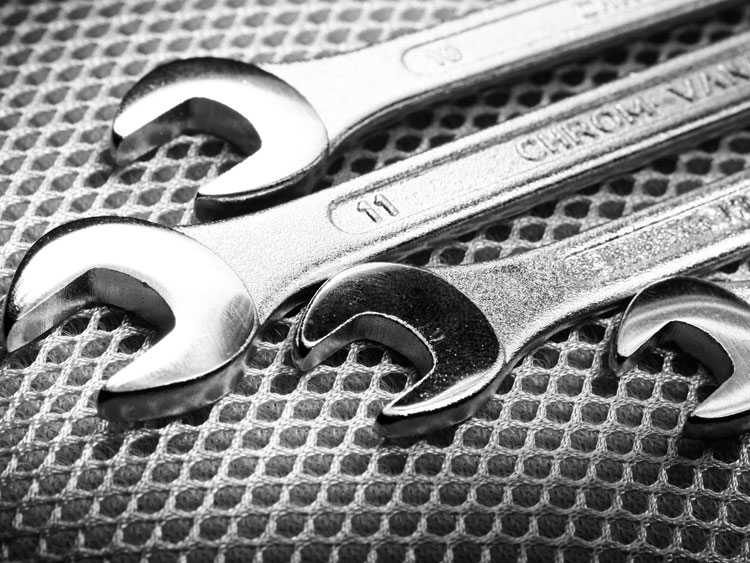In this latest blog, Riverside’s MD Jonathan Oldfield talks less about baling technology itself and more about the customer service that should be provided alongside it as standard…
Customer service is becoming ‘big business’ in a variety of sectors and rightly so.
For years, many brands have relied solely on the strength of their product offering – or even their historic reputation – when it comes to attracting new clientele. But once on board, many people have then been left feeling heavily disappointed at the lack of ongoing customer service.
But thanks to an ever-louder public voice, the vocalising of reviews and commentary on social media, an increasingly competitive marketplace and, thankfully, a widening appreciation to do business ‘properly’, things are changing.
Take the waste and recycling sector. It has long been an industry with a mixed reputation. Fortunately, there are some fantastic organisations out there who are tremendously committed to doing the right thing by their customers. This naturally involves giving them as much advice as possible (whether it is being paid for or not), supporting them far after the initial sale of a product and doing what they can to help that client prosper. I may be biased but such a commitment is often typically seen in family-owned businesses, but there are some great examples of public and private sector firms large and small with similar values.
However, the industry is also sadly renowned for being littered with rogue traders who have recognised the wealth in waste and are, quite frankly, out to earn a quick buck. There are also those that perhaps don’t purposefully leave their customers in the lurch, they’re just a little ‘behind the curve’ when it comes to thinking about the ‘added value’ they could offer to clients.
In the world of baling technology, this oversight sees some companies struggle to turn spare parts orders around in less than six weeks, which results in significant downtime and disruption to the client concerned. There is little infrastructure in place for aftersales support, whether it’s a scheduled service inspection or an emergency call out that the customer requires. And ongoing requests for advice are granted only if accompanied by an additional invoice.
Things shouldn’t be like this.
It is possible to turn spare parts and consumables orders around with next business day delivery. Service and maintenance agreements should be proactively encouraged so that clients can optimise the ongoing condition of their machine, much like a car. And that ongoing advice should be offered as standard, because the brand has made a commitment to that customer and the asset they have purchased.
That’s how we see it anyway.
I don’t think the importance of aftersales support is going to fade, so it will be a firm part of our business strategy in 2018 and beyond.






